
www.hansfredriksunde.com
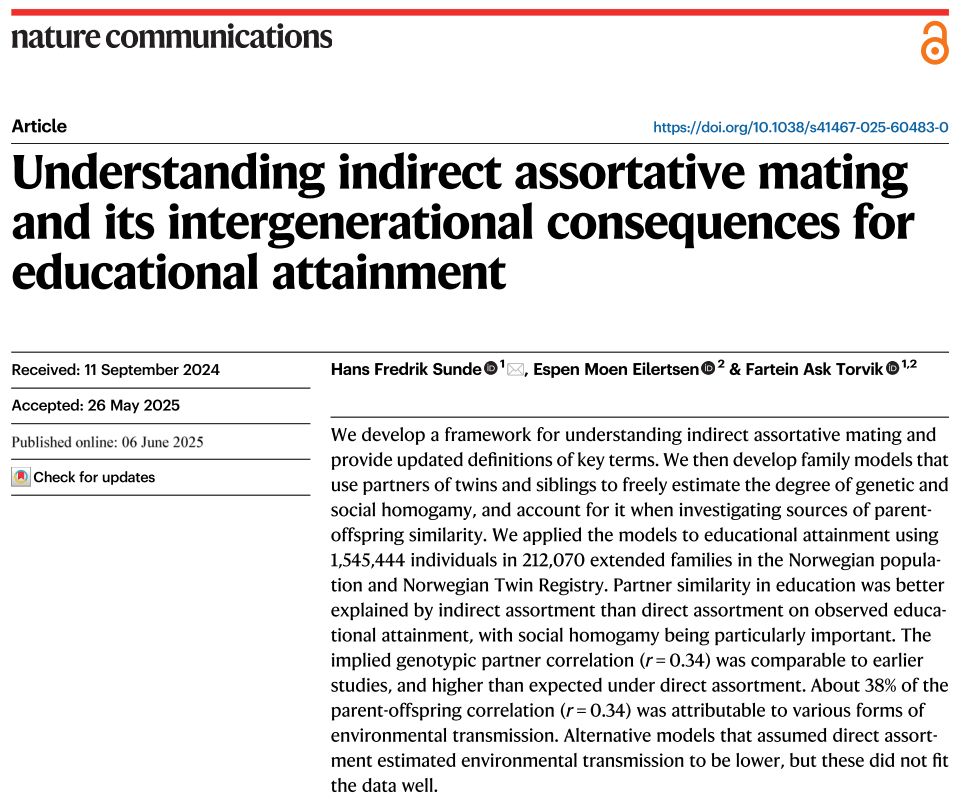
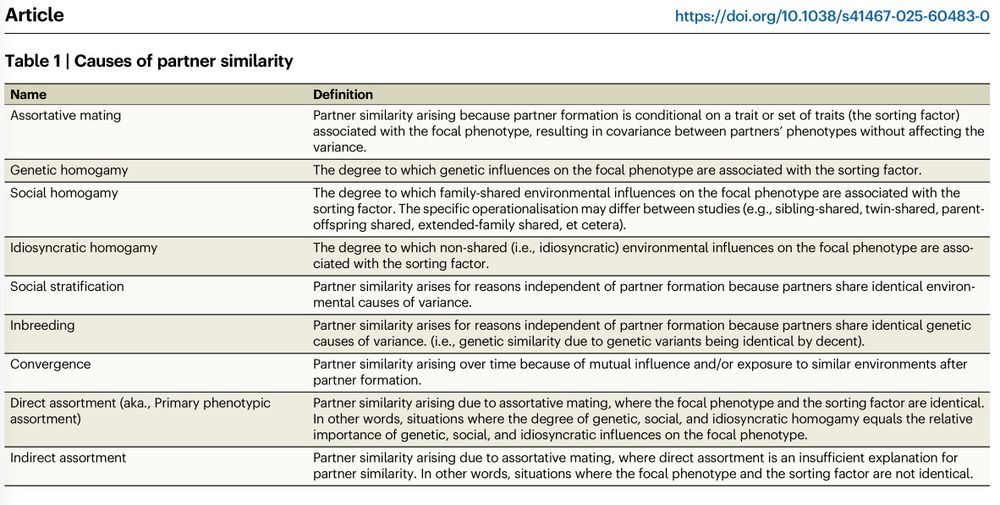
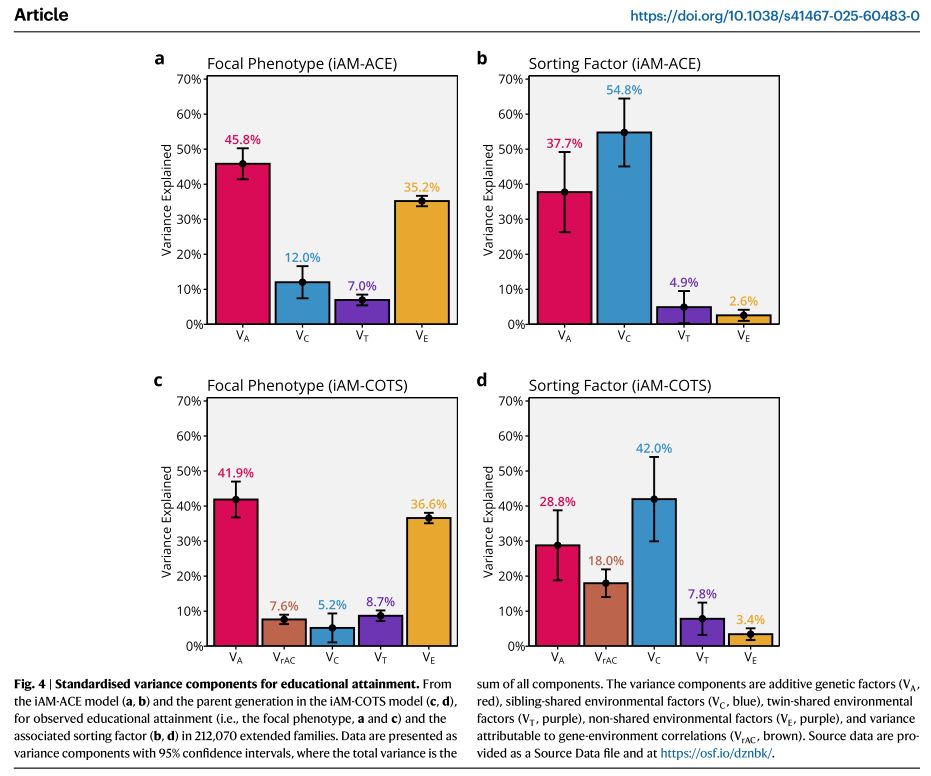
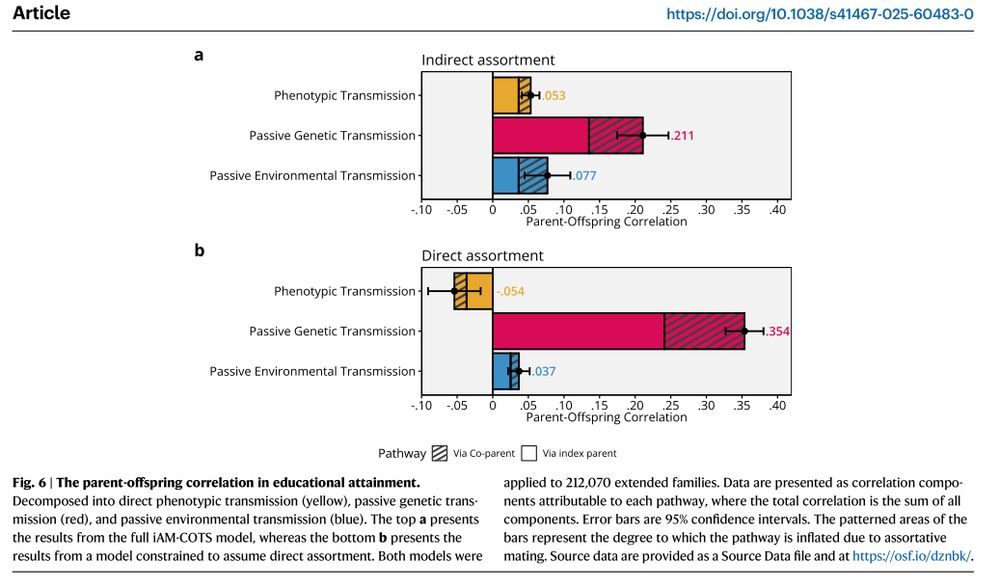
www.nature.com/articles/s41...
www.cell.com/iscience/ful...

It's been a good year for behavioral genetics, with exciting studies on the relationship between our DNA and socio-economic outcomes, sexual behavior, personality, intelligence, and psychiatric disorders 🧬
See thread below 👇🏽
It's been a good year for behavioral genetics, with exciting studies on the relationship between our DNA and socio-economic outcomes, sexual behavior, personality, intelligence, and psychiatric disorders 🧬
See thread below 👇🏽

www.sciencedirect.com/science/arti...
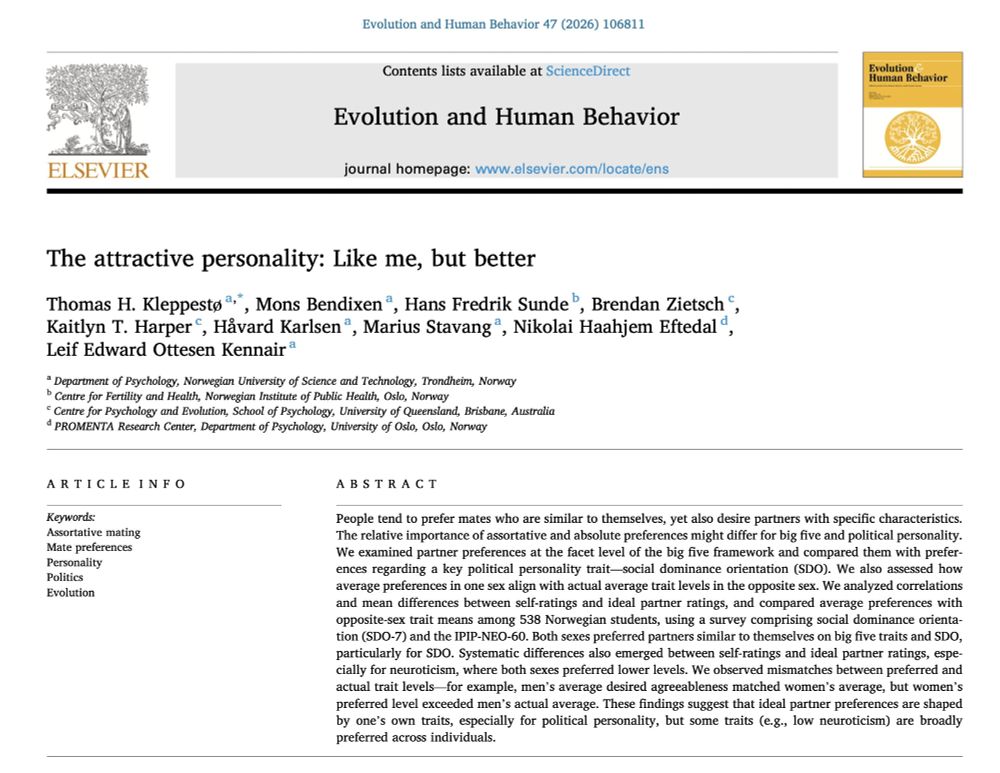


What happens to health and work when people become grandparents? Using Norwegian register data on all individuals born 1950-1960, we use event-study models comparing grandparents to not-yet grandparents to track changes in health and labour supply.
🔗 www.ssrn.com/abstract=571...


What happens to health and work when people become grandparents? Using Norwegian register data on all individuals born 1950-1960, we use event-study models comparing grandparents to not-yet grandparents to track changes in health and labour supply.
🔗 www.ssrn.com/abstract=571...

What happens to health and work when people become grandparents? Using Norwegian register data on all individuals born 1950-1960, we use event-study models comparing grandparents to not-yet grandparents to track changes in health and labour supply.
🔗 www.ssrn.com/abstract=571...


I am excited to announce that our new study explaining the missing heritability of many phenotypes using WGS data from ~347,000 UK Biobank participants has just been published in @Nature.
Our manuscript is here: www.nature.com/articles/s41....

a 🧵 1/n
Drain: arxiv.org/abs/2511.04820
Strain: direct.mit.edu/qss/article/...
Oligopoly: direct.mit.edu/qss/article/...




a 🧵 1/n
Drain: arxiv.org/abs/2511.04820
Strain: direct.mit.edu/qss/article/...
Oligopoly: direct.mit.edu/qss/article/...
Genetic factors are associated with the educational fields people study, from arts to engineering.
Article: www.nature.com/articles/s41...
FAQ: www.thehastingscenter.org/genomic-find...

Genetic factors are associated with the educational fields people study, from arts to engineering.
Article: www.nature.com/articles/s41...
FAQ: www.thehastingscenter.org/genomic-find...
www.pnas.org/doi/epdf/10....
Causal evidence of gene-environment interaction for reading test scores based on:
🧬 Exogenous within-family genetic differences
🏫 Exogenous variation in school value added
www.nature.com/articles/s41...

Preprint: medrxiv.org/content/10.1...
🧵

Let's say you have two measures meant to capture the same confounder. They're highly correlated. Can you still proceed with your regression analysis?
(I admit, the title is a bit of a spoiler)
www.the100.ci/2025/10/13/i...

Let's say you have two measures meant to capture the same confounder. They're highly correlated. Can you still proceed with your regression analysis?
(I admit, the title is a bit of a spoiler)
www.the100.ci/2025/10/13/i...
www.sv.uio.no/promenta/eng...
@ispg.bsky.social @behaviorgenetic.bsky.social @unioslo-svfak.bsky.social @essgn.bsky.social @ibg.colorado.edu

www.sv.uio.no/promenta/eng...
@ispg.bsky.social @behaviorgenetic.bsky.social @unioslo-svfak.bsky.social @essgn.bsky.social @ibg.colorado.edu



